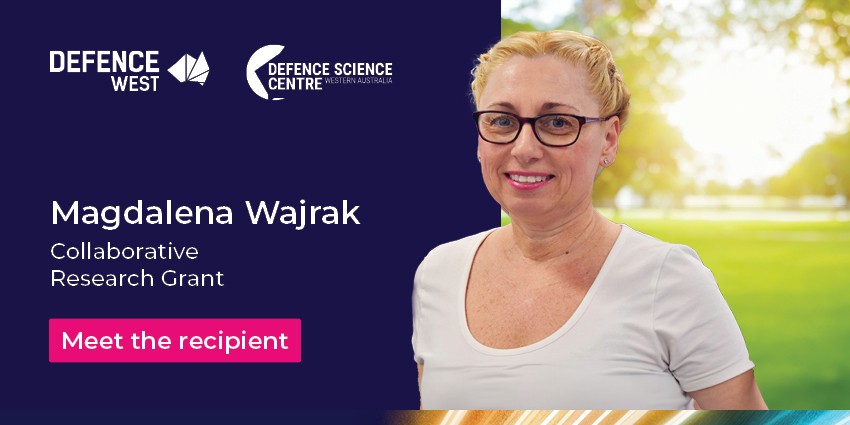
Background
In a joint effort to maintain water quality in Australia and New Zealand, Dr Magdalena Wajrak, a researcher at Edith Cowan University, is leading a collaborative initiative with partners CleanSubSea, B3 Electronic Design, and the Defence Science and Technology Group.
The team are addressing marine biofouling, which is the undesirable accumulation of microorganisms, plants, algae or small animals on surfaces such as ship and submarine hulls. Industry partner CleanSubSea, a Western Australian-based company, has developed the innovative Envirocart™ which, unlike traditional methods that involve taking ships out of the water, removes biofouling in-water in a non-abrasive manner, reducing cost and time.
To ensure compliance with Australian and New Zealand Environment and Conservation Council (ANZECC) regulations, CleanSubSea must carefully monitor the wastewater discharged back into our oceans by the Envirocart™.
Approach
Their key concern is the presence of toxic copper ions in the biocide-based paint coating the ship’s hull. Biofouling layers can capture copper ions from the paint and when the Envirocart™ cleans the hull, the copper ions trapped in the biofouling are removed too. CleanSubSea must demonstrate they’re filtering out any resulting copper ions entering the wastewater.
Dr Wajrak and the research team are developing an onsite copper detection method with the support of a Defence Science Centre (DSC) Collaborative Research Grant (CRG) to tackle this issue. The team will utilise an Online Voltammetric Analyser (OVA) provided by B3 Electronic Design, which employs anodic stripping voltammetry, to accurately measure copper in concentrations less than 0.3 parts per billion (ppb) and ensure compliance with ANZECC regulations.
Left-to-right: Mr Paul Lewtas (B3 Electronic Design), Dr Magdalena Wajrak (ECU), Mr Brad Finch (B3 Electronic Design) and Mr Peter Maidment (CleanSubSea) with Envirocart™ in front, water filtering system behind and online voltammetric analyser next to Dr Wajrak.
Outcome
The implications of their work extend beyond environmental protection; it has a direct application for ships of the Royal Australian Navy. Removing biofouling is imperative for naval vessel operations, as its buildup significantly hampers speed and operational efficiency, leading to increased fuel usage and greenhouse gas emissions.
The collaboration between academia, industry, and defence entities underscores the commitment to sustainable practices and environmental conservation. Dr Wajrak and her team aspire to implement their voltammetric detection system into the Envirocart™ for commercial and defence operations, contributing to ongoing efforts to preserve the health and quality of our marine ecosystems.
The Collaborative Research Grant (CRG) is one of several grants operating through the Defence Science Centre.
Find more information on the CRG on the Defence Science Centre grants programs page.



